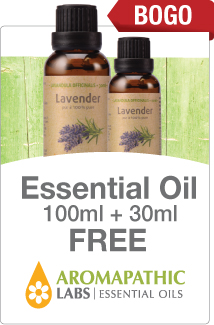
Boost brain cells and eases depression
Glutamic Acid: A Brain Boosting Amino
Updated Mar. 27th, 2024 | Read Time: 2 Minutes | What You Will Learn:
- Health Benefits of Glutamic Acid
- Supplement Options For Glutamic Acid
- Potential Side Effects & Cautions To Consider
Some amino acids can be manufactured in the body from other amino acids and are thus called non-essential. Glutamic acid (GA) is one of these non-essential amino acids because it can be produced in the brain when arginine, ornithine and proline are in ample supply. It can also be changed into GABA or L-glutamine, and vice versa. Glutamic acid is a neurotransmitter, a brain chemical that regulates the electrical conduction of the brain. It excites brain cells and causes them to fire. Thus, this amino stimulates the mind and body.
Health Benefits of Glutamic Acid
GA also helps the transport of molecules like potassium across the blood-brain barrier and acts as a fuel source for brain cells. It also reduces the build-up of toxic ammonia in the brain.
If GA is changed into L-glutamine it helps to heal ulcers, detoxify chemicals and build muscle tissue. GA can be converted into GABA, a neurotransmitter that opposes glutamic acid in its function. GABA is an inhibitory neurotransmitter. Natural health practitioners recommend it for hyperactivity, depression, epilepsy, developmental disabilities, muscular dystrophy and ulcers recommend GA.
Supplement Options For Glutamic Acid
GA is usually supplemented as L-glutamine because it is more easily transported into the brain. Once in the brain, L-glutamine can be easily converted into glutamic acid.
As a supplement, L-glutamine is found in capsules or tablets. It is best absorbed when taken between meals. If you take an individual amino acid supplement for longer than one month, take it with an amino acid complex to prevent the deficiency of other amino acids. GA can also convert into GABA, an inhibitory neurochemical.
Potential Side Effects & Cautions To Consider
MSG (monosodium glutamate), is a variation of glutamic acid. Individuals who are allergic to MSG should not use this supplement. In high doses, it may irritate the central nervous system which is similar to a reaction to MSG. Do not use glutamine if you have liver cirrhosis, kidney disease, Reye’s syndrome or an accumulation of ammonia in the blood.





















